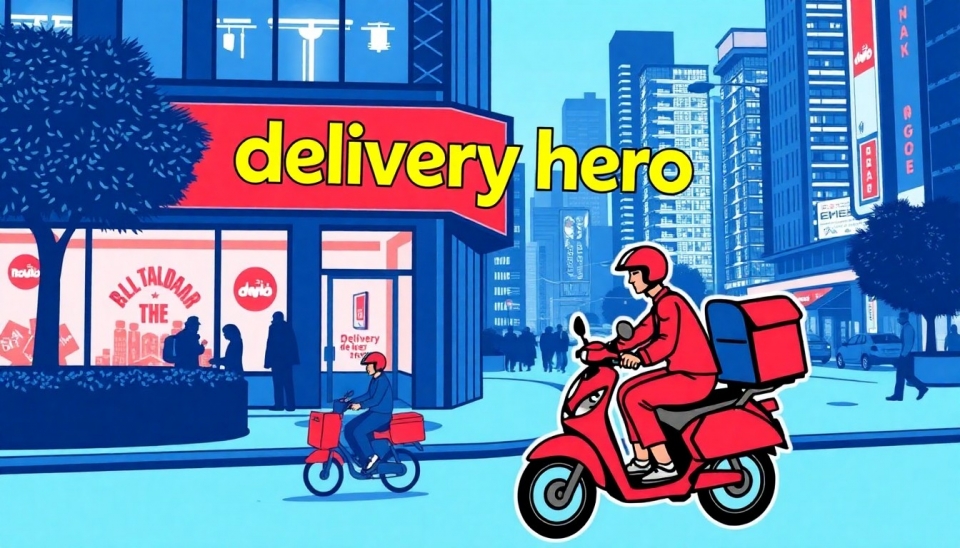
In a significant development for the gig economy, Delivery Hero's shares took a sharp downturn following a ruling by a Spanish court that classified its delivery drivers as employees rather than independent contractors. This landmark decision underscores ongoing debates surrounding worker rights in the evolving landscape of on-demand services.
The court's ruling, which came down on the heels of mounting legal and regulatory pressure across Europe, may have profound implications for the company's operational costs and business model. Under Spanish labor law, employees are entitled to benefits such as paid leave, health insurance, and minimum wage protections, dramatically increasing the financial burden on delivery platforms.
Delivery Hero, which operates in various international markets, has been under scrutiny not only from labor unions and advocates but also from regulatory bodies eager to protect gig workers. The classification of drivers as employees could lead to similar legal challenges in other jurisdictions, raising concerns among investors about the sustainability of the company’s profit margins.
After the announcement of the ruling, Delivery Hero's stock plummeted significantly, reflecting investor anxiety regarding potential operational restructuring and additional costs that could extend beyond the Spanish market. Analysts warn that further rulings in other EU countries could amplify the financial repercussions for the company, prompting a reevaluation of its workforce strategy.
This scenario is part of a broader trend across Europe, where governments are reexamining the gig economy and its implications for worker rights. Countries like the United Kingdom and France have also seen movements aimed at granting more rights to gig workers, pushing companies in the sector to adapt their business models accordingly.
Industry experts speculate that Delivery Hero will have no option but to adjust their operational framework in Spain to comply with the ruling, potentially altering their approach in other international markets where similar legal challenges loom. Conversations around labor rights in the gig economy have rapidly accelerated, leaving many in the industry to grapple with potential changes in labor classifications that could reshape their operating costs and strategies going forward.
Delivery Hero, in the wake of this decision, is reportedly considering its options, which may include appealing the ruling or exploring new operational models to mitigate the impact. The company’s response will be closely watched by both investors and labor rights advocates alike, as it sets a precedent for how gig economy companies will navigate the evolving regulatory landscape in Europe.
As the situation unfolds, the implications extend beyond Delivery Hero, resonating with other companies in the gig economy that rely on similar business models. The dialogue surrounding the classification of gig workers continues to grow in importance, marking a pivotal moment in the future of labor relations in this sector.
In conclusion, Delivery Hero's plight is emblematic of the challenges many gig economy companies face today as they balance profitability with increasing demands for worker protection. The outcomes of these legal battles will significantly shape the landscape of labor rights across Europe.
#DeliveryHero #GigEconomy #LaborRights #Spain #StockMarket #EmployeeClassification #WorkerProtection #OnDemandServices
Author: Emily Collins




